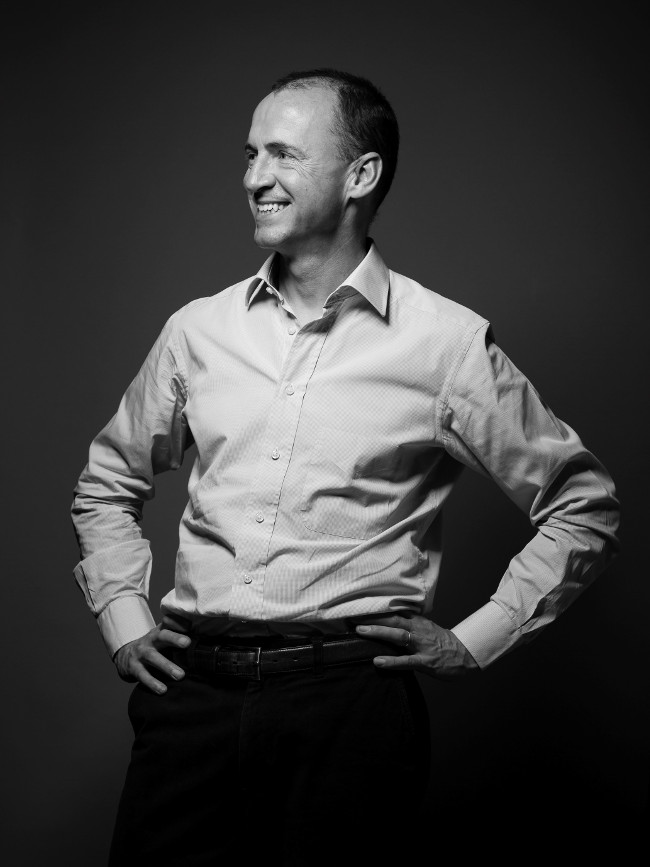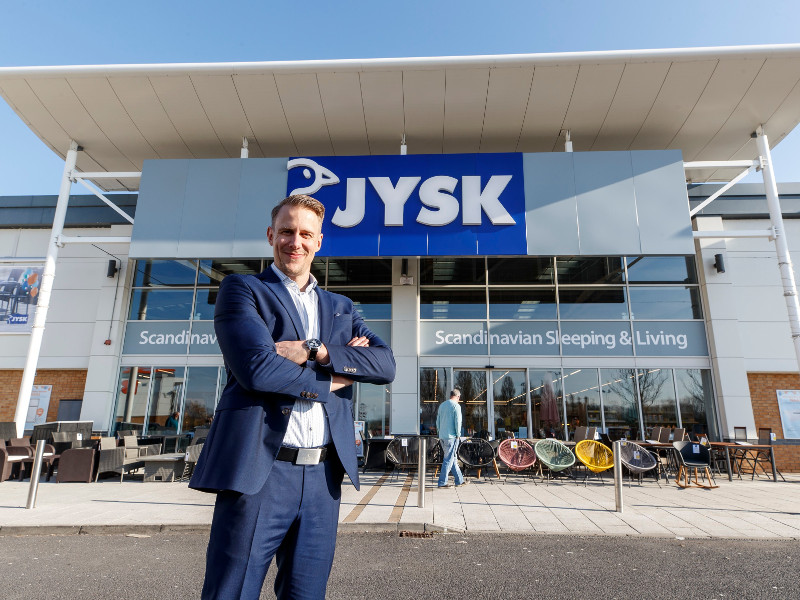Having run the gauntlet and endured the hard knocks of tech start-up life, entrepreneur-turned-investor Pearse Coyle has raised the multi-million euro Deeptech Seed Fund aimed at addressing an anomaly in European deeptech funding.
That anomaly is the gap in the market between turning new technologies into viable products with real customer traction, in less time and before the window of opportunity closes.
Tech veteran Pearse Coyle has experience of how fragile these opportunities can be and the vagaries of the funding space. His last venture, Limerick-based NVMdurance, had created a revolutionary flash memory technology, raised millions in venture capital and had come tantalisingly close to a multi-million dollar exit (a contemporary firm in the memory space sold for $300m).
“Our focus on deeptech isn’t the classical buzzword definition. For us ‘deep’ tech means you have deep IP behind it that you can protect and defend”
But in the end they watched windows of opportunity gradually close as the technology matured and the market shifted. The (almost) final nail in the coffin for the company was when an investor pulled the rug at the last and worst possible moment. But just as NVMdurance was winding down a mysterious buyer acquired the entire intellectual property (IP) of the company for an undisclosed sum in 2017.
A man with the courage of his convictions, Coyle never wavers from the truth or hard facts; a quality his investors admired. But as hard and as painful the journey of NVMdurance was, the insight and perspective he has gained is invaluable. “NVMdurance had two stages of death. There was the moment we actually thought it had completely failed and we were about to walk away. And then – out of the blue – somebody came along and bought all of the IP for a decent amount of money.”
Hunter turned gamekeeper
Coyle is putting his experiences and insights from the world of turning precious IP into investor gold by becoming a kind of hunter-turned-gamekeeper in that he has raised a new fund through the Deeptech Seed Fund, which he co-founded along with experienced Silicon Valley tech investor Tom Burniece, to back precious European deeptech start-ups.
/articles/sure-valley-ventures-ai-fund/Deeptech is an area that players like the European Investment Bank and more locally Enterprise Ireland are watching closely, an area centred on particularly disruptive early-stage enterprises usually led by industry or college researchers whose technology is on the brink of causing a revolution. Applications range from new materials like graphene to all kinds of possibilities in areas like AI, robotics or quantum computing.
However, unlike what Coyle terms “blue sky” deeptech, he is on the hunt for deeptech opportunities that are on the brink of going mainstream for commercialisation.
His new company has already led a €500,000 investment in a Swedish start-up called Qoitech, a spin-out from Sony Mobile. Qoitech’s technology gives developers creating internet of things (IoT) products the ability to see how design changes impact on the energy consumed, the way the battery performs and, ultimately, the lifetime of a new device.
“People think of deeptech as blue sky stuff like quantum computing or graphene or some other Holy Grail thing. And yes, that’s true they are deeptech. But the subset I am focused on is more real-world applicable stuff. I’m deliberately avoiding anything that is buzzy. Too many venture capitalists (VCs) are chasing AI, data science and machine learning. The sweet spot for us is something that has been developed, that has customer traction already and is tangible.”
Coyle believes as investors – particularly in Europe – chase the next big thing, they miss obvious and tangible opportunities because they just aren’t sexy enough to grab headlines. “We’re not looking for a kind of ‘Airbnb for dogs’ investment. We are focusing on the people who own the IP and who can demonstrate customer traction.”
Lamentably, because European tech investment lacks the financial punch of Silicon Valley, investors often go for the low-hanging fruit. What this means for deeptech players who may not fit the mould for what European investors deem sexy like graphene or blockchain, is that they end up bringing a “knife to a gunfight” when it comes to seeking funding.
More down to Earth than blue sky
Coyle’s razor-sharp focus is at odds with the European/US narrative of start-ups spending all their available cash to go to tech conferences in the hope that a savvy investor might notice them.
“It’s really the unglamorous stuff we look at, but it is deeptech and it has tangible market interest. Quantum computing has been talked about as if it has been ‘around the corner’ for the last 40 years. It might be another 40 years, who knows? And we see lots of areas like this that from an investor’s point of view could turn out to be a money sink. They’ve been talking about nanotechnology and graphene for nearly 20 years now. People end up putting tons of money in and still end up losing their shirst.
“So our focus on deeptech isn’t the classical buzzword definition. For us ‘deep’ tech means you have deep IP behind it that you can protect and defend.”
Having a deliberately pan-European brief means Coyle can work closely with incubators and accelerators and the focus is on joining up companies seeking to raise typically half a million euros with investors who understand the technology, the opportunity and bringing it to the next level.
“If the technology is so fantastic then surely some of the major players in the industry would be willing to throw a few bob in, too. And if they aren’t interested, then maybe the technology is not so fantastic.
And then there’s the hard reality of timing. “If you wait a year too long you may have lost a window of opportunity or a commercial investor from your target industry. But having a commercial investor on board will make it a hell of a lot easier to raise the next round of investment.”
Having earned his chops as an early investor in companies like Intune Networks and his own experience at NVMdurance, Coyle is well aware of the chicken-or-egg nature of turning IP into a business. And there is also the reality that companies like Huawei are scouring European universities for talent and IP.
“The role we play is where there is measurable market interest in a product or a business. Where we have an early adopter that is ready to pay a modicum of money. It is more tangible.”
Timing is everything
In a nutshell, it boils down to the technology being relevant for investors, the timing and window of opportunity being right and early adopters already being on board. These are factors Coyle believes often prove elusive for European deeptech start-ups.
“Having spent a lot of time over and back between Europe and Silicon Valley, it struck me that the Silicon Valley guys weren’t seeing any deeptech stuff that was originating in Europe. This is despite the fact that the quality of stuff coming out of European universities is the same if not higher than that of the US.
“One of the issues is the lack of concentration of specialist venture capitalists in Europe versus the US.”
Another issue because of the sheer concentration of funding in Silicon Valley, companies there can be further along in their development much quicker. “I established really quickly that the Silicon Valley guys aren’t interested in doing seed stage investments in Europe, they are more interested stuff that further along. And that is the huge gap that European deeptech start-ups struggle with.”
By identifying deeptech that emerges from company or university spin-outs and bringing them to the stage where they are a tangible business, Coyle believes that Deeptech Seed Fund will help to address a European anomaly. That anomaly is the timing and window of opportunity that start-ups miss by failing to gain commercial traction to get them to the next level.
“The European Commission is acutely aware of the problem and is investing huge amounts under programmes Horizon 2020. Our role is to ensure that the fruits of this remain in Europe.”
Written by John Kennedy (john.kennedy3@boi.com)
Published: 6 January, 2020







